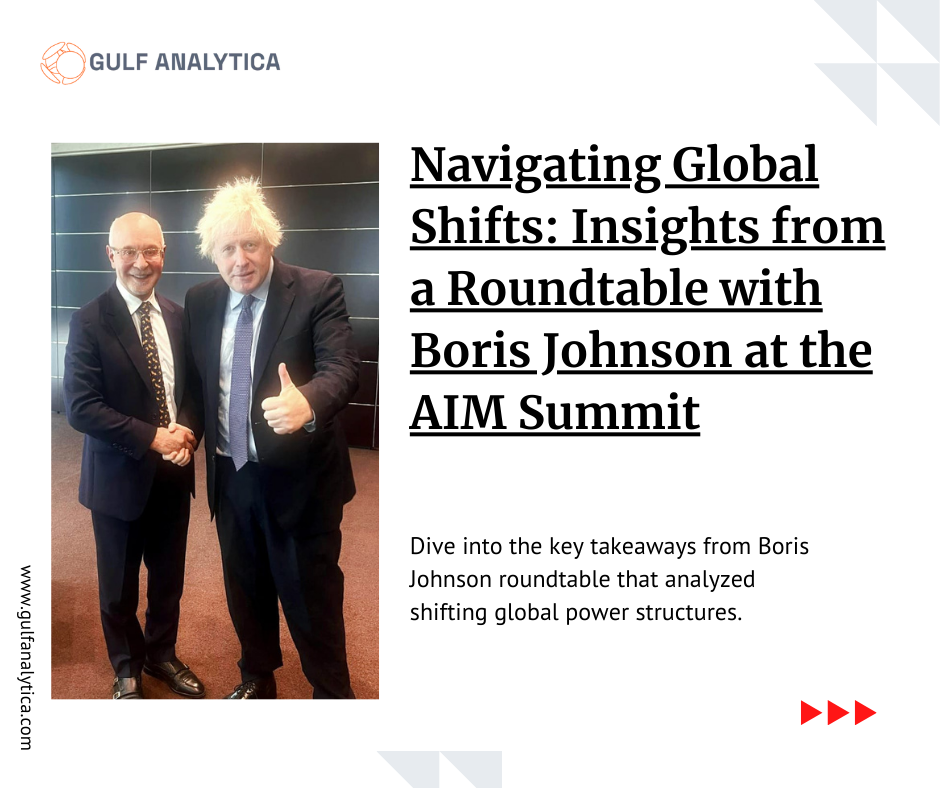
In an era marked by economic uncertainty and political turbulence, David Gibson-Moore has emerged as a thought leader offering clarity and direction. At the AIM Summit, his remarks offered critical insights into three of the world’s most pressing issues: sovereign debt, emerging market instability, and political polarization in Western democracies.
This blog breaks down his perspectives and how they shape our understanding of today’s volatile global financial landscape.
Understanding the Global Sovereign Debt Crisis
Sovereign debt has become one of the most urgent macroeconomic concerns in both developed and developing economies. Government borrowing surged during the COVID-19 pandemic and continues to expand amidst rising interest rates and slowing global growth.
David Gibson-Moore’s Sovereign Debt Analysis
During the AIM Summit panel, Gibson-Moore underscored several alarming trends:
-
Emerging markets are experiencing debt distress due to currency depreciation and unsustainable borrowing.
-
Even stable economies like the United States and United Kingdom are approaching dangerous debt-to-GDP ratios.
-
Central bank monetary tightening is increasing the cost of debt servicing, straining national budgets.
He emphasized that long-term structural reform and multilateral financial cooperation are essential to preventing widespread defaults and economic contagion.
“We are witnessing a global debt crisis unfolding in slow motion — one that will demand a level of cooperation not seen since Bretton Woods,” Gibson-Moore remarked.
The Growing Threat of Political Polarization
Gibson-Moore didn’t just focus on economics — he tackled politics head-on. Political polarization, particularly in democratic nations, is paralyzing decision-making and undermining fiscal responsibility.
Why Political Polarization Hurts Economies
-
Policy deadlock in legislatures like the U.S. Congress delays critical budget approvals.
-
Governments resort to short-term populist solutions rather than planning for long-term economic resilience.
-
Investors become wary of uncertain regulatory environments, increasing the risk premium on sovereign bonds.
Gibson-Moore warned that bridging ideological divides is no longer a political nicety — it is an economic necessity.
Emerging Market Trends at AIM Summit
Emerging markets (EMs) are navigating a perfect storm of external shocks and internal vulnerabilities. From rising U.S. interest rates to geopolitical tensions and food insecurity, EMs are in crisis mode.
Key Trends Identified by Gibson-Moore
-
Capital Outflows: With the U.S. Fed hiking rates, investors are exiting EMs in favor of safer U.S. Treasury bonds.
-
Currency Crashes: Nations like Argentina, Pakistan, and Turkey are suffering from hyperinflation and devaluation.
-
Debt Defaults: Countries such as Sri Lanka and Zambia have already defaulted — a warning sign of broader systemic risk.
According to Gibson-Moore, EMs must:
-
Work closely with institutions like the IMF and World Bank.
-
Promote fiscal transparency and reduce corruption.
-
Invest in sustainable development to attract long-term investors.
Gibson-Moore’s Call for Cross-Party Collaboration
One of the standout recommendations from David Gibson-Moore was the urgent need for cross-party collaboration in democratic systems. Without bipartisan solutions, he warned:
-
Sovereign debt will become unmanageable.
-
Crucial reforms in infrastructure, education, and healthcare will stall.
-
Innovation and economic growth will stagnate in the face of political chaos.
This aligns with broader trends in global governance that emphasize unity and shared national purpose as foundations for long-term economic stability.
Global Sovereign Debt Crisis: What’s Next?
Gibson-Moore offered a set of proactive measures that governments and institutions should consider:
-
Enact budget caps and enforceable fiscal rules.
-
Foster multilateral coordination through the G20 and OECD.
-
Increase public financial literacy to ensure greater citizen oversight.
-
Use technology to track public expenditures in real time.
These measures, he argued, can help restore investor confidence and ensure long-term economic sustainability.
AIM Summit Dubai: Center Stage for Economic Thought Leadership
The AIM Summit Dubai has become a crucial platform for financial and policy discourse. With participation from global experts like David Gibson-Moore, the summit enables stakeholders to:
-
Engage in timely discussions about sovereign risk and market volatility.
-
Build strategies for sustainable development.
-
Align on multilateral goals in an increasingly fragmented world.
Conclusion: A Roadmap for Economic Resilience
David Gibson-Moore’s insights at the AIM Summit were as sobering as they were enlightening. From the rising tide of sovereign debt to deepening political divides and emerging market fragility, he laid bare the structural weaknesses facing today’s global economy.
But his message was also hopeful:
“Resilience is built through reform, unity, and long-term vision. Our future depends on our ability to act now — together.”
As nations and markets grapple with these multifaceted challenges, Gibson-Moore’s advice provides a valuable roadmap for recovery, renewal, and resilience.
FAQs
1. What are the top concerns David Gibson-Moore raised at the AIM Summit?
Gibson-Moore focused on sovereign debt risks, political polarization in Western democracies, and instability in emerging markets.2. Why is political polarization a threat to economic stability?
It leads to legislative gridlock, short-termism in policymaking, and reduced investor confidence.3. What emerging market trends were discussed by Gibson-Moore?
Trends include capital flight, inflation, default risks, and the urgent need for fiscal discipline and IMF cooperation.4. What’s the solution to the sovereign debt crisis?
Structural reforms, bipartisan policymaking, and international financial collaboration are key strategies recommended by Gibson-Moore.